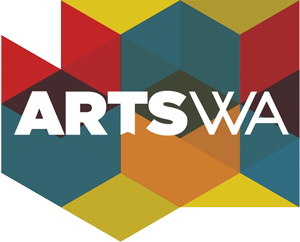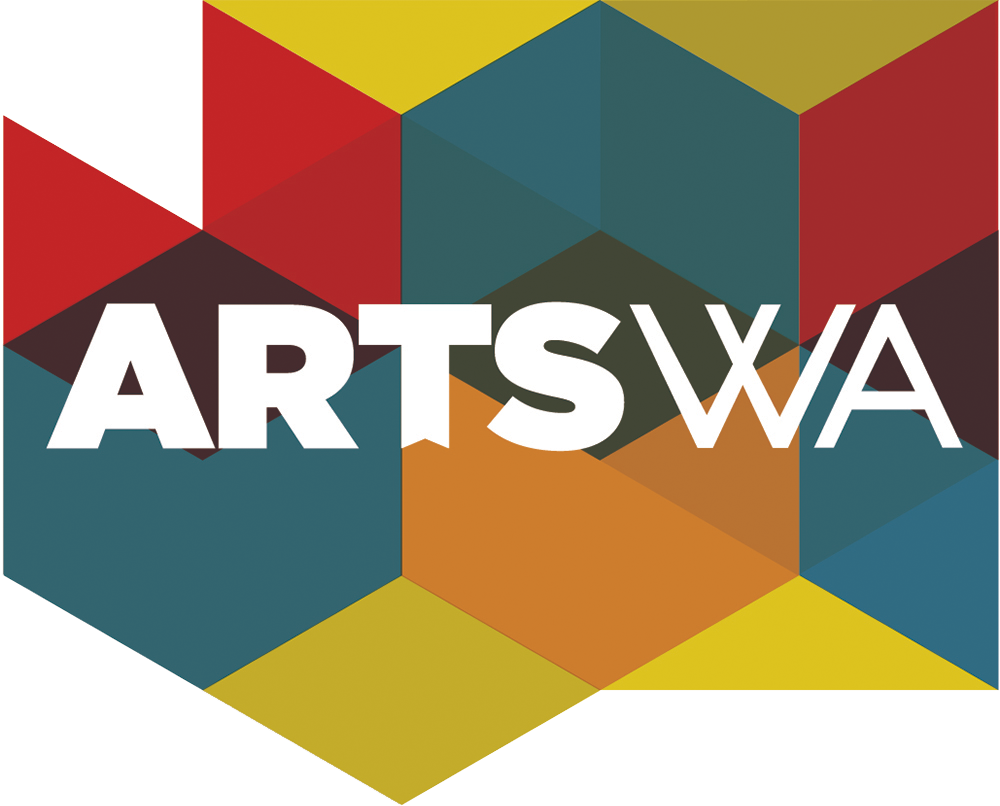Millennium Garden, 2000
Virginia Paquette
(American, born 1947, died 2022)
Location: Bellevue College, Bellevue
ABOUT THE ARTWORK
Millennium Garden is a sculptural and environmental installation by artist Virginia Paquette. It is located in a central courtyard at Bellevue College. It is comprised of benches surrounding a circular mosaic. This piece acts as a gathering place for the college's community. The artist notes that she designed the artwork as a celebration of the new Millennium and "the importance of education as a bridge to that new era." The design features the recurring motif of an arc. This motif symbolizes the passage of time and our connections to the future. One of the benches is engraved with quotations stating the importance of education, creativity, and a respect for nature.
This artwork was acquired for the State Art Collection in partnership with Bellevue Community College.
ABOUT THE ARTIST
The late Seattle-based artist Virginia Paquette created paintings and conceptual public art installations. She stated that the primary urge in her work is "to make marks, images, symbols that will communicate to you a message, feeling, visual stimuli that may be pleasing or thought-provoking."
Paquette received a Bachelor of Fine Arts degree in 1976 and a Master of Fine Arts degree in 1978, both in painting, from the University of Washington in Seattle.
ARTWORK DETAILS
| Material Category | Sculpture - concrete |
| Medium | Granite stone mosaic, with cast concrete for landscaping, pavers, benches, and edging |
| Dimensions | Terrace and benches: 2 ft x 18 ft x 18 ft (overall garden area 40 ft x 72 ft) |
| ID Number | WSAC1998.013.000 |
| Acquisition Method | Site responsive commission |
| Artist Location | Washington, United States |
Location Information
| Agency | Bellevue College |
| Artwork Location | Bellevue College Grassy knoll north of B100 offices |
| WA County | King |
| Placement | Exterior |
| Site Type | College |
| Address | 3000 Landerholm Circle SE Bellevue, WA 98007 |
| Geo. Coordinates | 47.584761, -122.149165 |
| Before Visiting | Some artworks may be located in areas not accessible to the general public (especially in K-12 public schools). Consider contacting the site prior to a visit to ensure access. |
| Map |
Related








_Edited.jpg)
_Edited.jpg)

_Edited.jpg)
